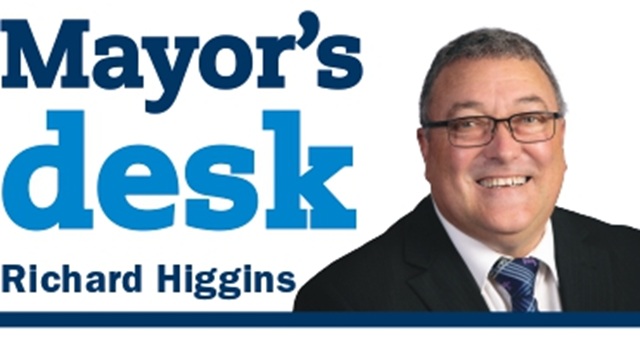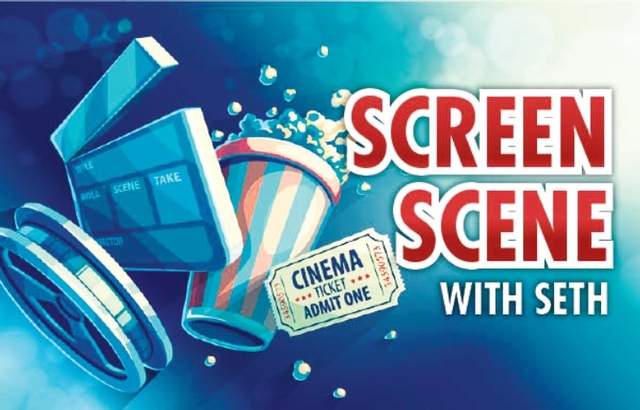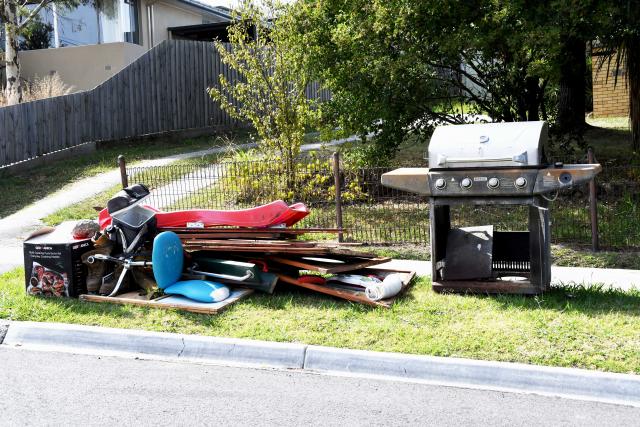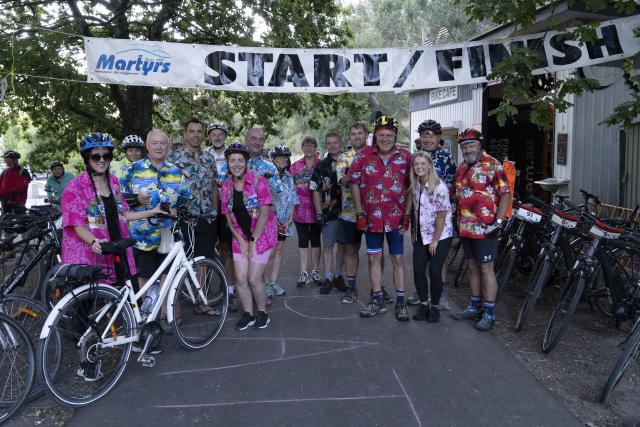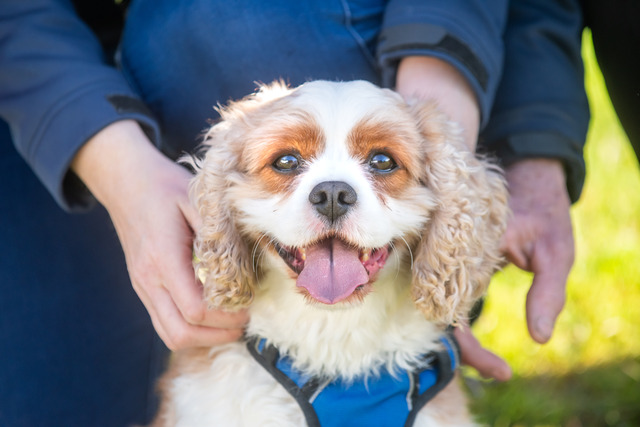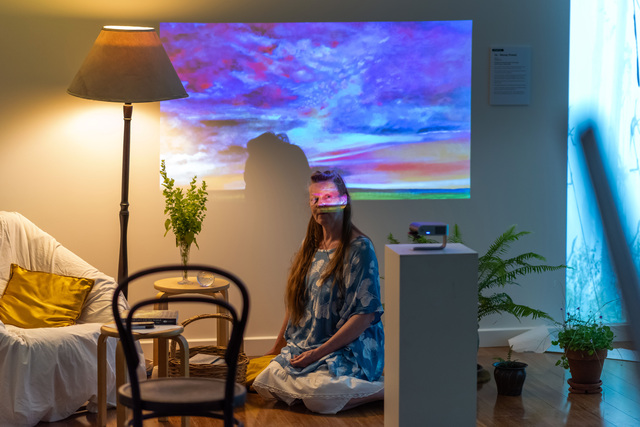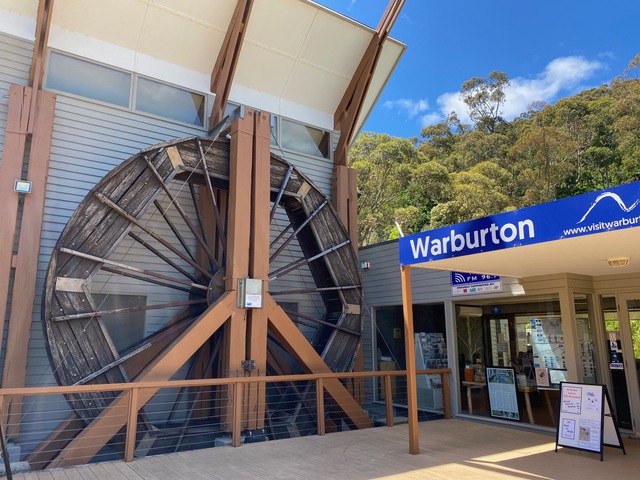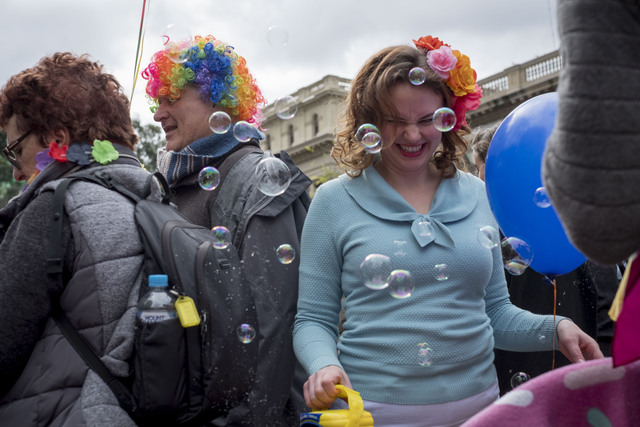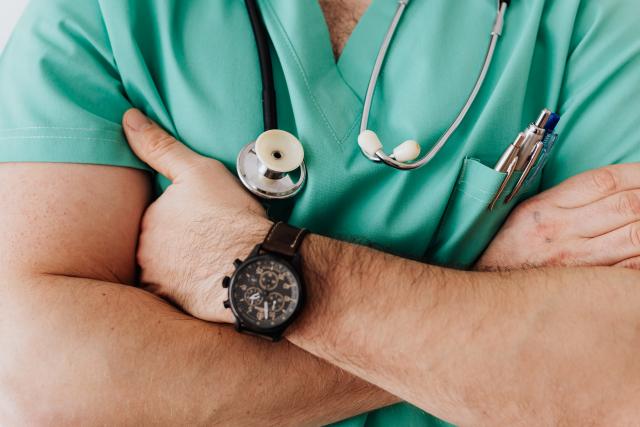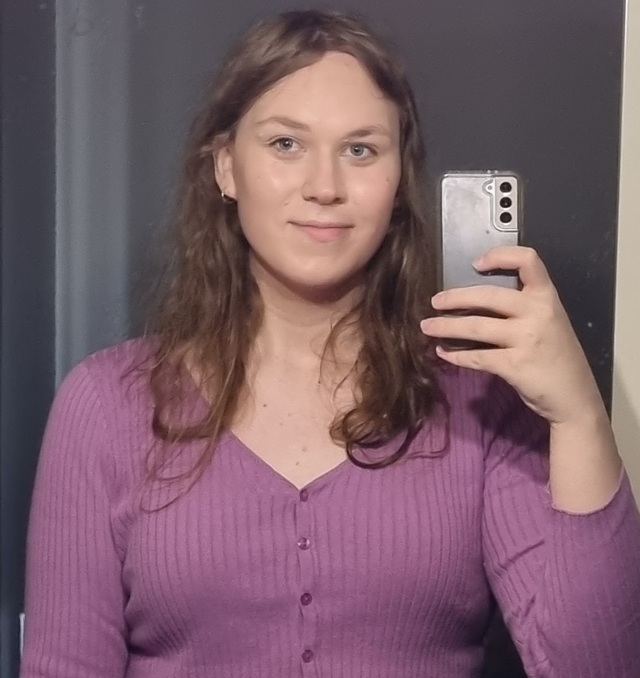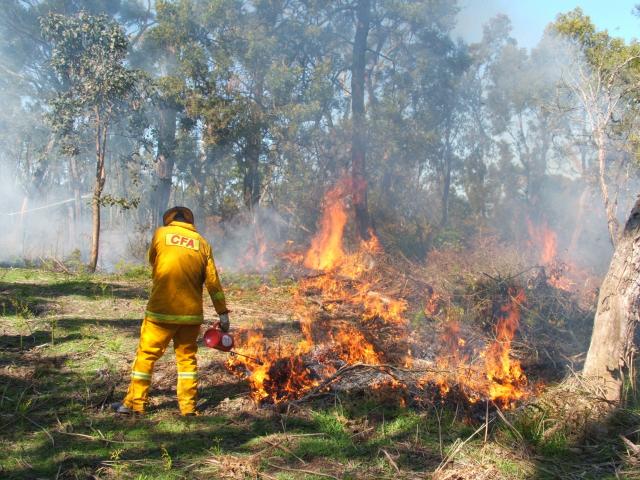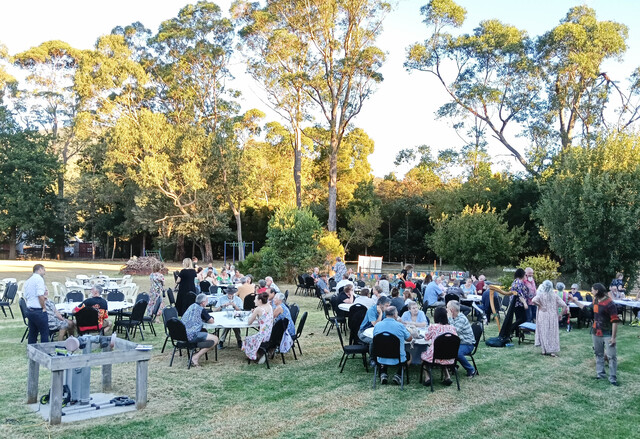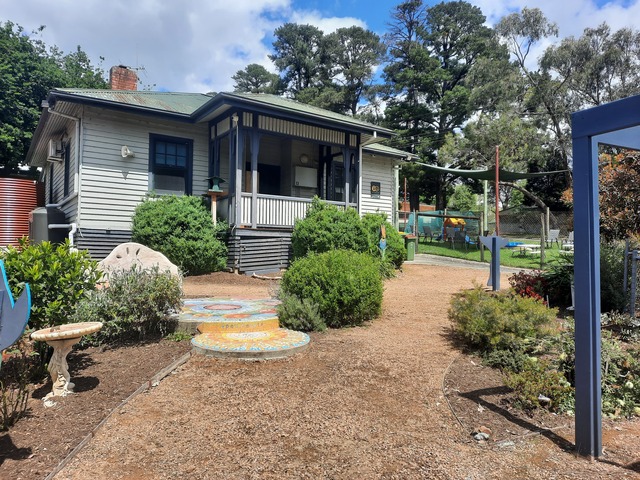WELIVED across the hills and in the valleys, content and comfortable.
We moved through the seasons as a close community, sharing our tranquility with tourists from afar.
We didn’t quite know what we had until the Black Saturday inferno swept it away in less than an hour.
The next day was so still and dry with pungent smoke and muted sunlight which lingered for days.
There was shock and grief at the deaths of 38 residents and visitors, and the loss of our homes, businesses and towns.
It was almost unbelievable, as the toll and familiar names mounted each day. It was a year in which many of us had never shed so many tears.
I had spent two hours trying to find out if the fire was coming into Marysville, confirmed by driving up towards Keppels Lookout.
A tree had come down, trapping Bev McGeary in her car and we all pitched in to get her out despite knowing that the firestorm was about to hit.
It was a microcosm of what happens in a small town – volunteer SES and ambulance, residents with chainsaws, a visiting nurse and Adrian from RACV, himself heroically warning dozens to evacuate the town.
I was left with 20 minutes to prepare but soon lost the battle to save my home, then focused on surviving with my dogs. In my block of 15 homes I was the only one there.
I sheltered on Gallipoli Park oval that night, aware that the clinic had burnt to the ground, and I spent the next two nights in hospital while severed tendons in my hand were repaired.
The next weeks consisted of endless hours taking calls and on the internet, compiling a list of survivors and starting a website to inform our scattered community.
I was honoured to attend 24 funerals and memorials of friends, many of whom I had treated over the past decade.
The initial gatherings were of great comfort and an affirmation of life for the survivors.
For many it was the hardest year of their lives, starting with few if any possessions, cast adrift from their known world and security.
Some rose to the challenge, some are still quietly struggling, others have found it too hard to return, due to advancing years, emotional turmoil or practicalities such as work, schooling and the need for a serviced community.
More than 400 homes were lost and about 40 have sprung up but it will be a slow process.
The support from across Australia and overseas has been so heart-warming and vital.
Government agencies and individuals have worked hard and been generous, although the pace of recovery has been slower than we wanted in some areas.
Locum doctors have enabled me to join in much of the community recovery, including on the committee of the Marysville and Triangle Development Group.
There was frustration with local politics and sadness at various milestones, but some of the celebration days have been lifelong highlights for us – community planning days, art and music projects, opening of the temporary village and Marysville Central, a visit to Federal Parliament, a meeting with the Dalai Lama, and celebrity support from Greg Norman to Simon and Garfunkel.
Events and meetings have swelled the calendar and enabled the recovery process for those who join in.
The Marysville Marathon that I instigated was personally fulfilling, and the return of businesses inspiring.
I will have a better home and community health facility, and with new love someone to share it with.
The sorry times are part of us, as determined people strive to celebrate and strengthen our community, and attract residents, tourists and businesses, both large and small, a unique chance to be pioneers and make history.
We need tourists to stay overnight and all to support us over the coming years.
Projects take so long and there is so much to do, but slowly we are progressing.
We love this place we call home and we invite others to share our vision for the future.
Rising from the dark day
Digital Editions
-
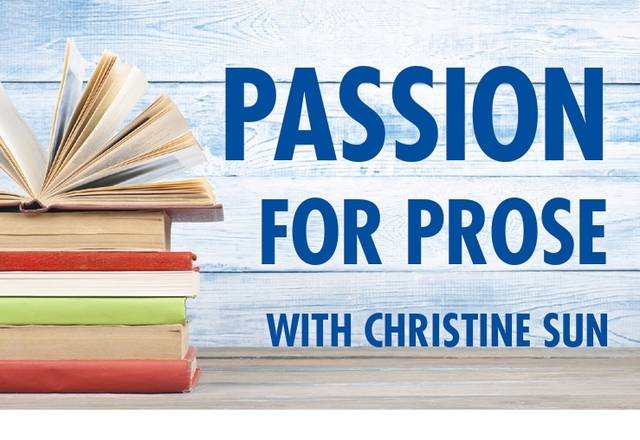
Make this a reading year
Welcome to the 2026 edition of Passion for Prose, a column dedicated to promoting everything about books, especially those created by Australian authors and artists.…

